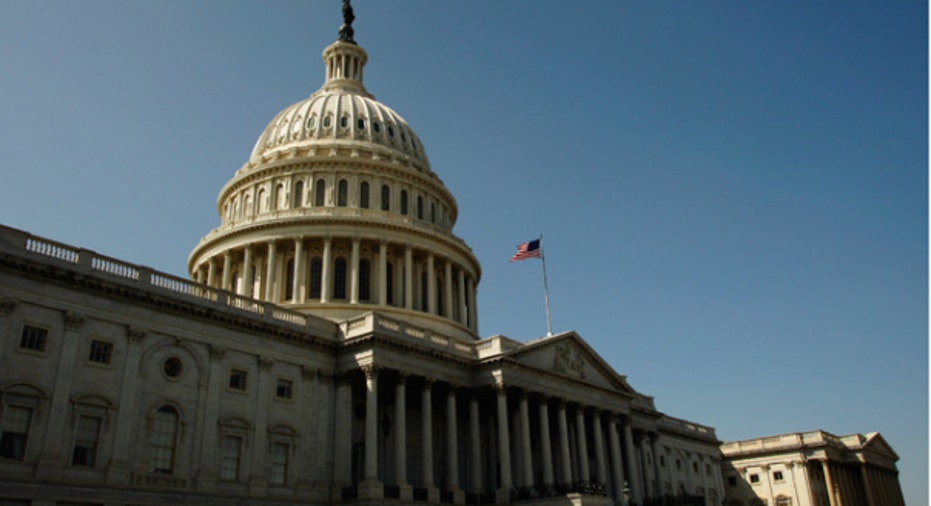House Democrats Call for Tax Hikes, Defense Cuts

Taxes on the wealthy would rise, defense spending would fall and the U.S. budget deficit would shrink to a sustainable level by 2018 under a budget proposal outlined by the Democrats' top budget official in the House of Representatives on Tuesday.
The measure has virtually no chance of passing the Republican-controlled House, but it will give Democrats a chance to outline their own vision and deflect charges that they are not fully engaged in a fight over spending and taxation that is likely to shape the 2012 elections.
Representative Chris Van Hollen said he will release the plan on Wednesday, the same day President Barack Obama is scheduled to unveil a deficit-reduction plan of his own.
"We must implement a plan to support small business, grow the economy and ensure shared prosperity," Van Hollen, the top Democrat on the House Budget Committee, said at the Center for American Progress, a liberal think tank.
Republicans, who have pushed for deep domestic spending cuts since winning control of the House last fall, have accused Obama and his fellow Democrats of failing to take the country's fiscal woes seriously at a time when budget deficits hover around 10 percent of GDP.
Deficits are expected to fall in the medium term as the economy recovers before rising again as an aging population pushes up healthcare and retirement costs.
Republicans managed to extract a record spending cut of $38.5 billion in the current fiscal year in a fight that took the government to the brink of a shutdown last week. They now now have their eye on larger targets, such as government-run health programs for retirees and the poor.
The House is expected to vote later this week on a Republican budget plan for the coming fiscal year, which starts Oct. 1, that would slash domestic spending further, lower top tax rates and eventually cut benefits in the Medicare health program for retirees and the Medicaid program for the poor.
The House is expected to pass the measure, but it will not get far in the Democratic-controlled Senate, setting up another showdown over spending.
Republicans say their budget blueprint -- developed by House Budget Committee Chairman Paul Ryan -- would save nearly $6 trillion over the coming decade and balance the budget by 2015, if interest payments on the debt are not included.
The Democratic plan for the coming fiscal year would reach the same "primary balance" target in 2018, Van Hollen said, even as it puts a priority on spending on education, scientific research and transportation upgrades.
Unlike the Republican plan, it will include significant cuts to military and security spending, he said. It would raise the top income tax rate back to where it stood in the 1990s and close loopholes in the tax code in order to raise revenue levels.
Democrats also will target so-called mandatory spending -- benefit programs such as crop subsidies that normally lie beyond the reach of the annual budget cycle.
Van Hollen declined to say whether Democrats will propose their own changes to Medicare and Medicaid or outline further cuts in domestic spending. He said he will confer with other House Democrats before releasing more details of the plan on Wednesday.



















